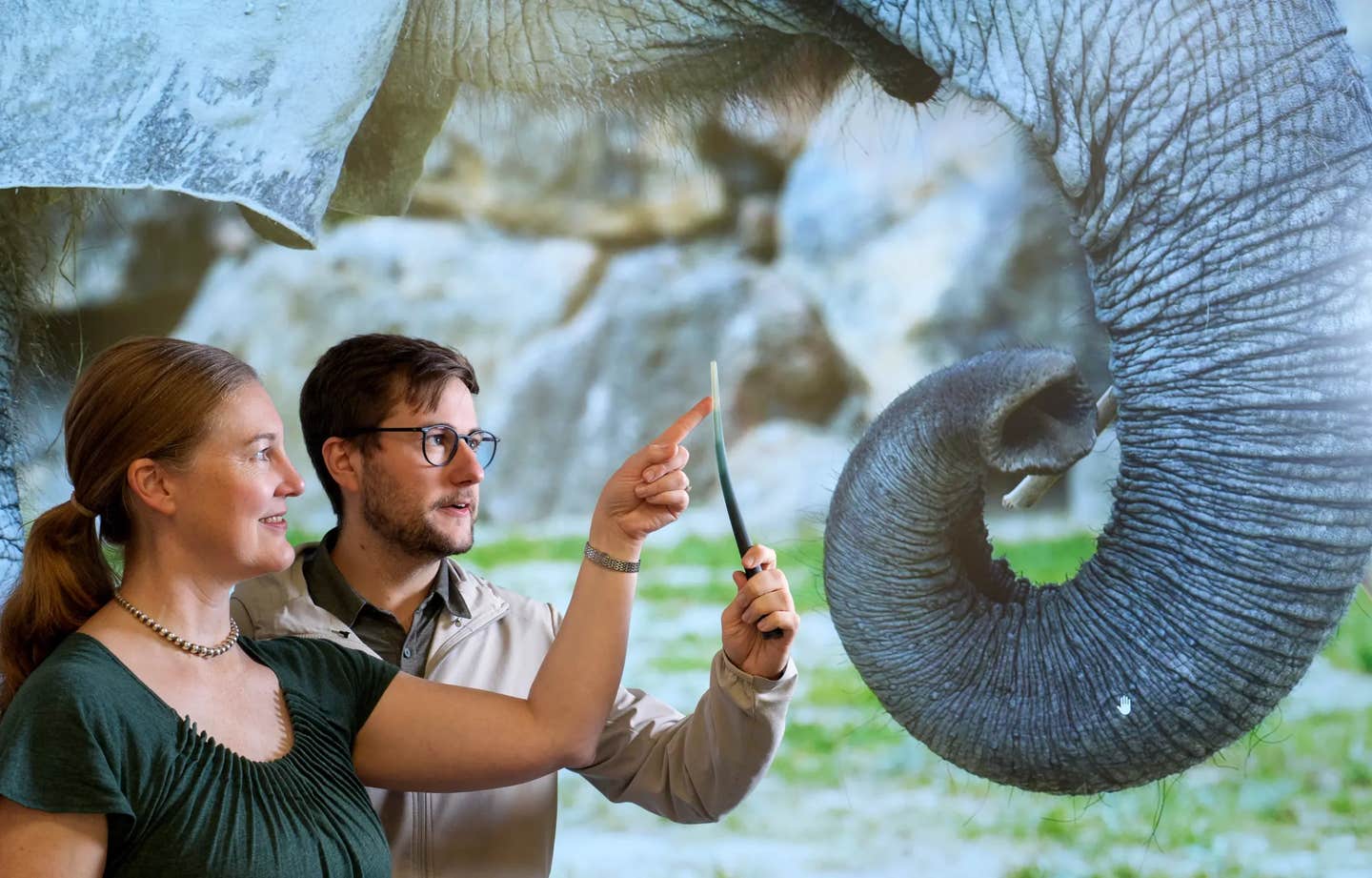People think ‘old age’ starts later in life than previous generations, study finds
Researchers suggest that middle-aged and older adults perceive old age as setting in later in life compared to previous generations.

Researchers suggest that middle-aged and older adults perceive old age as setting in later in life compared to previous generations. (CREDIT: Creative Commons)
A recent study conducted by the American Psychological Association suggests that middle-aged and older adults perceive old age as setting in later in life compared to previous generations.
The study, published in the journal Psychology and Aging, indicates a shift in the perception of aging, which researchers attribute to several factors such as increased life expectancy and improvements in health.
Markus Wettstein, PhD, from Humboldt University in Berlin, Germany, who led the study, highlighted the influence of extended life expectancy and improved health on the perception of old age.
Frequency of Observations Across Chronological Age Separated for Three Birth Cohorts (1911–1935, Black Bars; 1936–1952, Red Bars; 1953–1974, Blue Bars) as Pooled Across All Available Measurement Occasions of the German Ageing Survey. (CREDIT: Psychology and Aging)
"Life expectancy has increased, which might contribute to a later perceived onset of old age. Also, some aspects of health have improved over time, so that people of a certain age who were regarded as old in the past may no longer be considered old nowadays," explained Wettstein.
The research team, which included experts from Stanford University, the University of Luxembourg, and the University of Greifswald, Germany, analyzed data from the German Ageing Survey. This longitudinal study tracked 14,056 participants born between 1911 and 1974 over a period of 25 years (1996-2021).
Participants, aged between 40 and 100 years old, provided responses to survey questions up to eight times during the study period. Among the questions posed was, "At what age would you describe someone as old?"
Related News
Comparing responses from participants born in different years revealed a clear trend: individuals born later perceived old age as setting in later in life. For instance, those born in 1911 considered old age to commence at 71, whereas those born in 1956 identified it at 74, on average, when they reached 65 years old.
However, the study also uncovered a slowdown in this trend of postponing old age over the past two decades. Wettstein cautioned against assuming a continued linear progression in delaying the onset of old age, suggesting that societal perceptions might evolve differently in the future.
The researchers also investigated how individuals' perceptions of aging changed as they themselves aged. Notably, as participants grew older, they tended to push the onset of old age further into the future.
Birth Cohort Differences in Perceived Onset of Old Age. (CREDIT: Psychology and Aging)
At 64 years old, the average participant estimated the start of old age at 74.7, while at 74 years old, they placed it at 76.8. On average, participants extended their perception of the onset of old age by approximately one year for every four to five years of actual aging.
Further analysis revealed that individual characteristics, including gender and health status, influenced perceptions of when old age begins. On average, women identified old age as starting two years later than men, a gap that widened over time.
Additionally, individuals who reported higher levels of loneliness, poorer health, and feeling older tended to perceive old age as commencing earlier compared to those with lower loneliness levels, better health, and a younger self-perception.
Wettstein emphasized the implications of these findings for individuals' preparations for aging and their attitudes towards older adults. "It is unclear to what extent the trend towards postponing old age reflects a trend towards more positive views on older people and aging, or rather the opposite -- perhaps the onset of old age is postponed because people consider being old to be an undesirable state," he noted.
Looking ahead, the researchers stressed the importance of future studies exploring whether the trend towards delaying old age continues and examining diverse populations worldwide, including non-Western countries, to understand variations in perceptions of aging across different cultures.
For more science and technology stories check out our New Innovations section at The Brighter Side of News.
Note: Materials provided above by The Brighter Side of News. Content may be edited for style and length.
Like these kind of feel good stories? Get the Brighter Side of News' newsletter.



